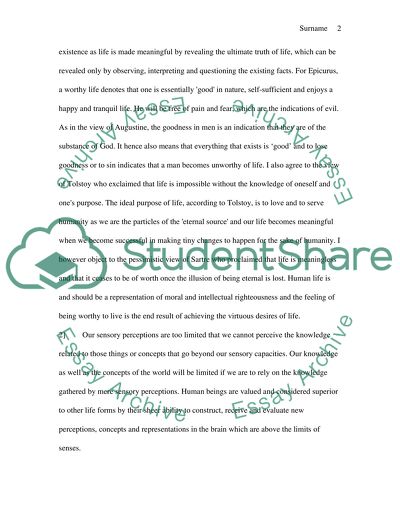Cite this document
(“What is life Assignment Example | Topics and Well Written Essays - 1250 words”, n.d.)
Retrieved from https://studentshare.org/philosophy/1394386-essay-questions
Retrieved from https://studentshare.org/philosophy/1394386-essay-questions
(What Is Life Assignment Example | Topics and Well Written Essays - 1250 Words)
https://studentshare.org/philosophy/1394386-essay-questions.
https://studentshare.org/philosophy/1394386-essay-questions.
“What Is Life Assignment Example | Topics and Well Written Essays - 1250 Words”, n.d. https://studentshare.org/philosophy/1394386-essay-questions.


